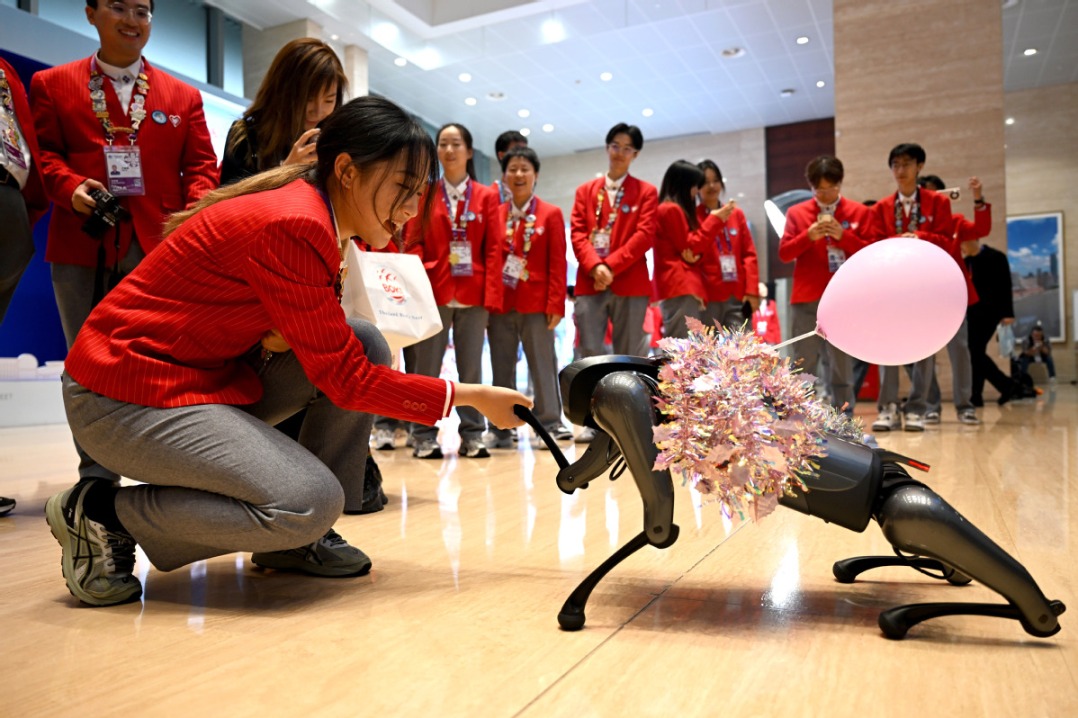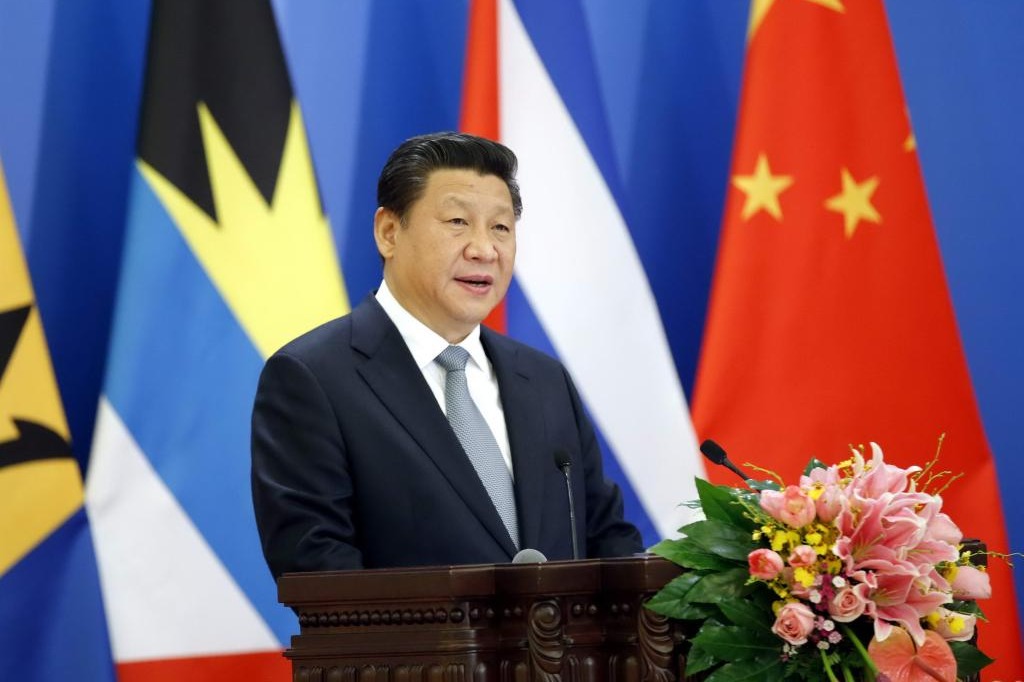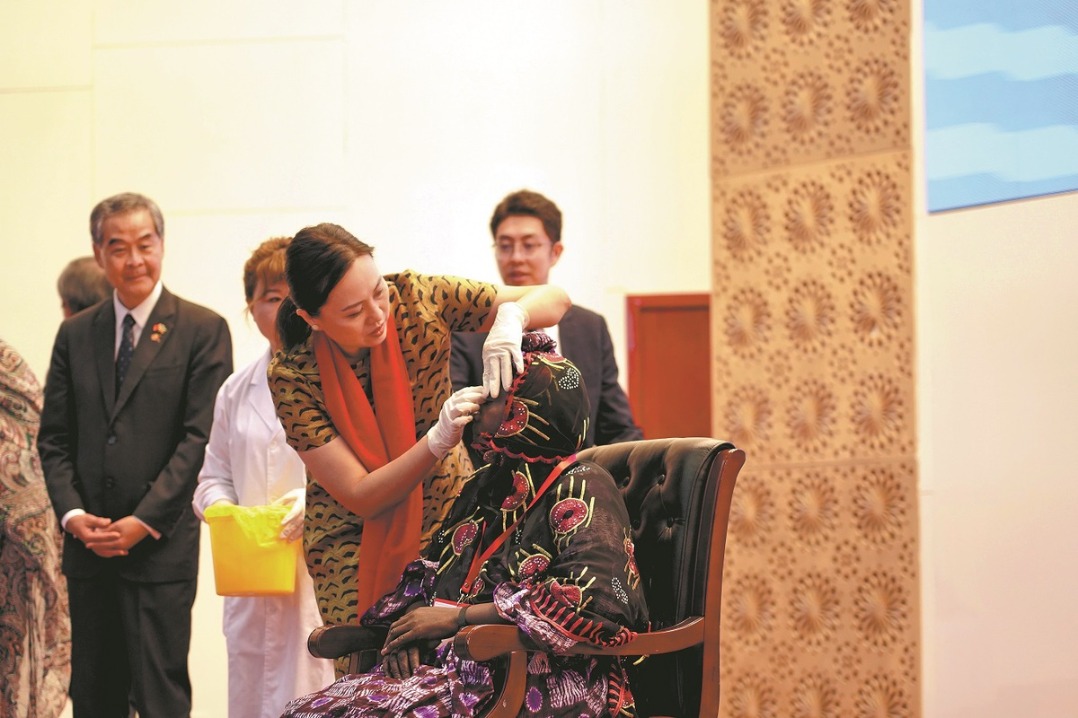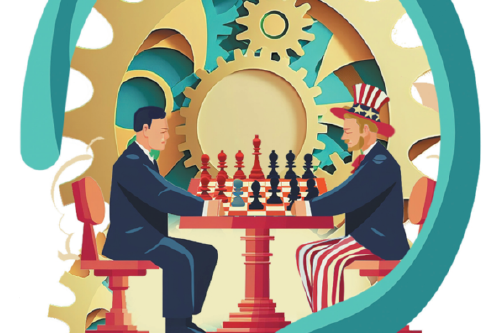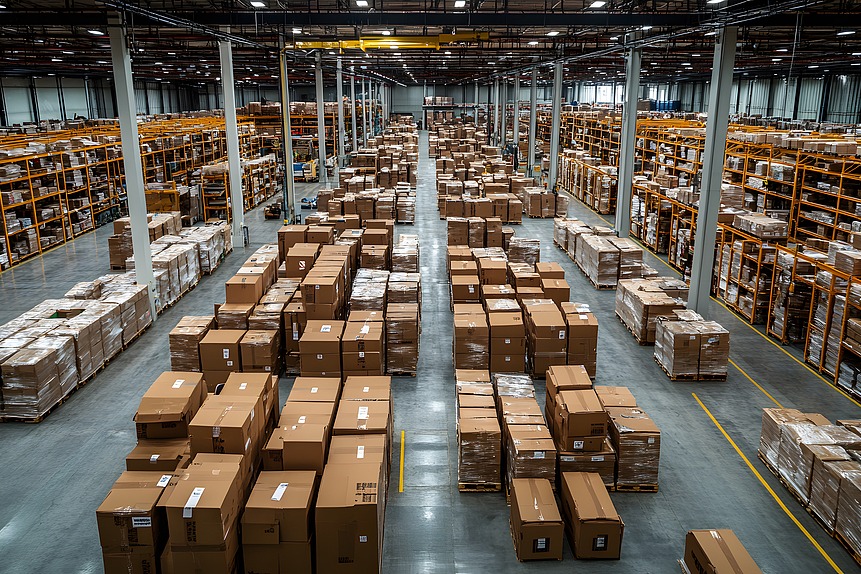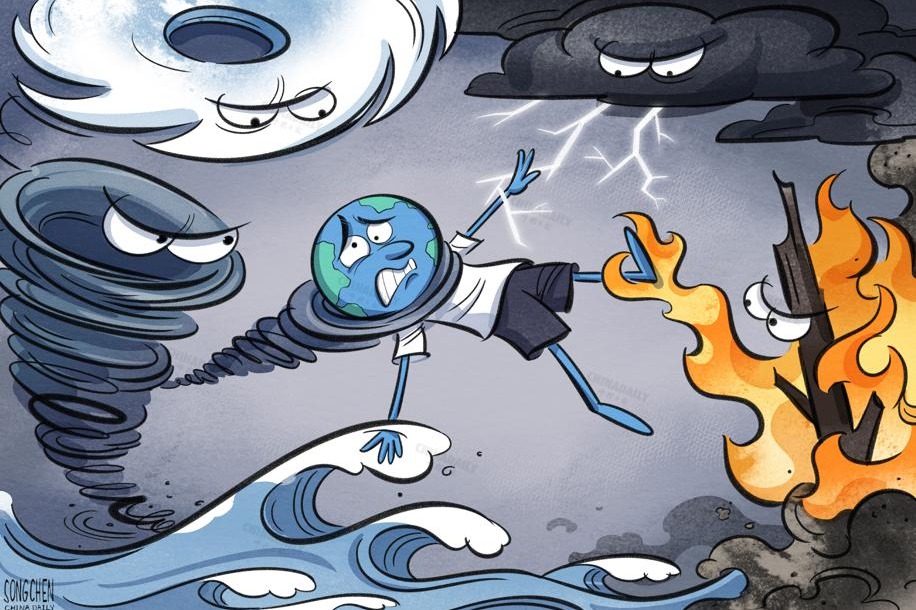EU witch-hunt report a waste of taxpayers' precious money

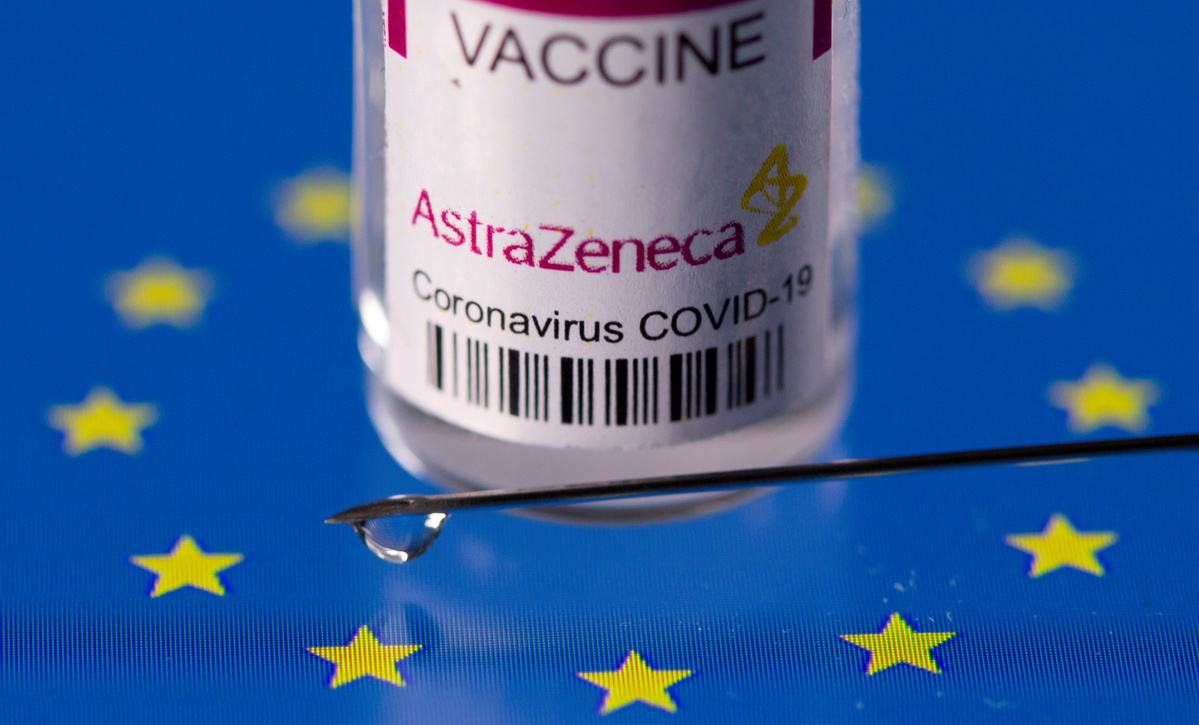
The European Union has learned many hard lessons from its COVID-19 pandemic response in the past year, from its failure to come to Italy's help in the early stage of the outbreak and the export restrictions on medical supplies by some member states to the row over the Oxford/AstraZeneca vaccine and the slow vaccine rollout in the past months.
These are hard facts widely reported by the news media around the world and acknowledged by EU leaders including French President Emmanuel Macron and European Commission President Ursula von der Leyen at the Sunday inaugural event of the Conference on the Future of Europe.
But when the Chinese and Russian media touched on these subjects, the EU accused them of spreading disinformation. The accusation was labeled in a special report the European External Action Service released on April 28.
The report, which targets only China and Russia, is the EU's latest witch-hunt to divert attention from, and criticism of, its problematic pandemic response.
Despite the relatively good public health systems in its 27 member states, the EU became the epicenter of the pandemic a year ago due to its relatively loose prevention and control measures. The failure of effective coordination among the EU member states has literally paralyzed free movement in the visa-free Schengen area.
About 51 percent of the German respondents in a recent survey said that the EU has handled the vaccine rollout badly, a view shared by 35 percent of the French and 24 percent of the Swedish respondents, according to the survey conducted by Kekst CNC and reported by Politico.eu in March.
At the World Health Organization news conferences over the past months, top WHO officials, national leaders and public health experts have repeatedly criticized the vaccine nationalism practiced by developed nations such as the United States and some of the EU members.
The fact that the EU has a portfolio of 2-3 billion doses of COVID-19 vaccines for its total population of 450 million has worsened the global shortage of vaccines, especially in the developing world.
While the EU and the US practice vaccine nationalism by vaccinating their own population first and hoarding vaccines beyond their need, China and Russia have been exporting their vaccines in accordance with the WHO's call for global solidarity in helping vaccinate healthcare workers and vulnerable groups in the developing world.
In sharp contrast, von der Leyen praised the EU's practice in a May 6 speech by taking a jab at China and Russia, saying about 200 million doses of vaccines have been distributed within the EU, and adding that "neither China nor Russia come even close". Such remarks are in bad taste, not to mention false information, because China had administered 298 million doses by May 6.
An April 27 report by online publication EUobserver said the EU has sent vaccines to the Balkan states in the wake of China and Russia, but similar reports in the Chinese news media are labeled by the EEAS as disinformation. Similar is the story of von der Leyen's admission of the EU's failure in vaccine rollout on Feb 10, which was covered widely, including by Reuters, BBC and Lancet. But when the Chinese and Russian news media reported the controversial allergies and side effects associated with Pfizer and AstraZeneca vaccines, the EEAS said theirs is an attempt "to sow doubt about the safety" of the vaccines.
The EEAS report devotes far more space to the Russian news media. And when China Daily was singled out, it turned out to be reports by Xinhua News Agency posted on the China Daily website. The EEAS team, however amateurish, should know that a Reuters report posted on any website is still a Reuters report.
The report would have gained a bit of credibility if it included news media from all countries and was conducted in a professional and impartial manner. In its present form, it is a waste of EU taxpayers' money.
The author is chief of China Daily EU Bureau based in Brussels.
chenweihua@chinadaily.com.cn

















